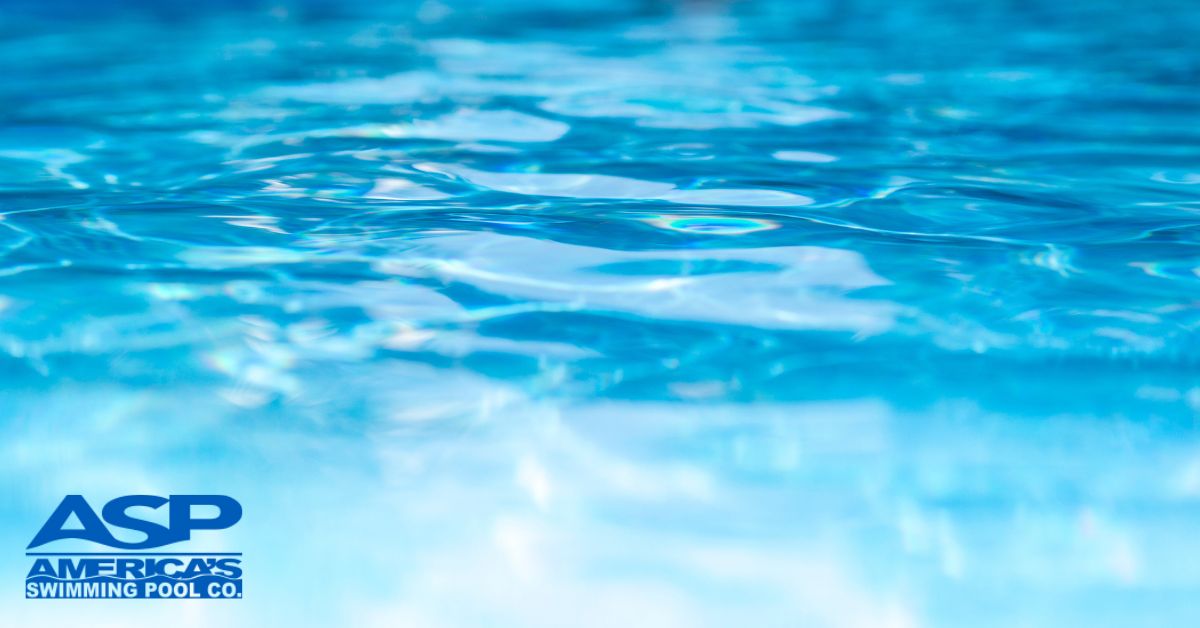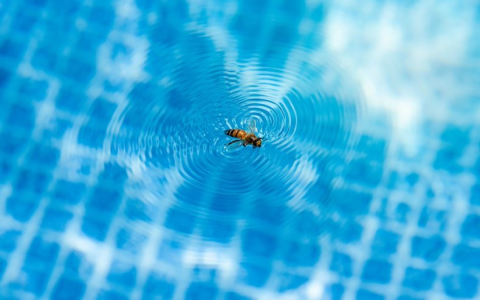So, the other day, I was staring at my pool, which, let’s be honest, was looking a little green around the edges. It got me thinking, “Is pool shock really a pesticide?” I mean, it kills stuff in the water, right?
First, I jumped online to do some digging. I found out that the EPA considers “shock” to be a pesticide because it’s used to control microorganisms. That makes sense, I guess. Pool shock is all about killing bacteria and algae to keep the water clean and safe.

Then, I started reading about what pool shock actually does. Apparently, it’s used to keep swimming pools free of germs and other tiny nasties that can make the water look murky. We’re talking about chlorine and other chemicals that are pretty strong.
Next, I dove into some guides about how to use pool shock. There are different types, and you gotta use them at the right times and in the right amounts. It’s not just about dumping a bunch of chemicals in the water and hoping for the best.
This got me thinking about safety, I mean, if it is a pesticide, how safe is it? I stumbled upon some stories about people who swam in pools right after they were shocked. Bad idea! It turns out that swimming in a freshly shocked pool can cause some serious skin and eye irritation. Chlorine and bleach at high levels are no joke.
So, what did I learn? You should always wait at least 24 hours after shocking a pool before you take a dip. And even then, it’s a good idea to test the water with a kit to make sure the chlorine and pH levels are back to normal. You want that free chlorine level to be 3ppm or less.
Here’s my takeaway:
- Pool shock is considered a pesticide because it kills microorganisms.
- It’s essential for keeping pool water clean and safe for swimming.
- Using pool shock requires some knowledge about the types of chemicals and the right way to use them.
- Never swim in a pool right after it’s been shocked – wait at least 24 hours and test the water.
In the end, I realized that pool shock is a necessary evil. It keeps our pools clean, but we gotta respect its power and use it responsibly. It is better to be safe than sorry when enjoying your pool.





















